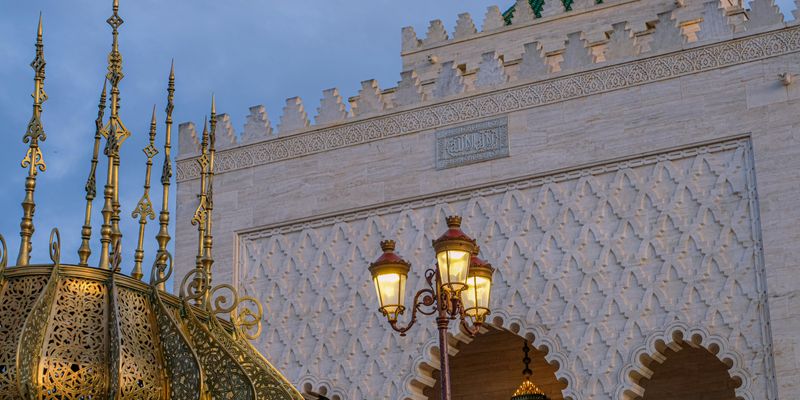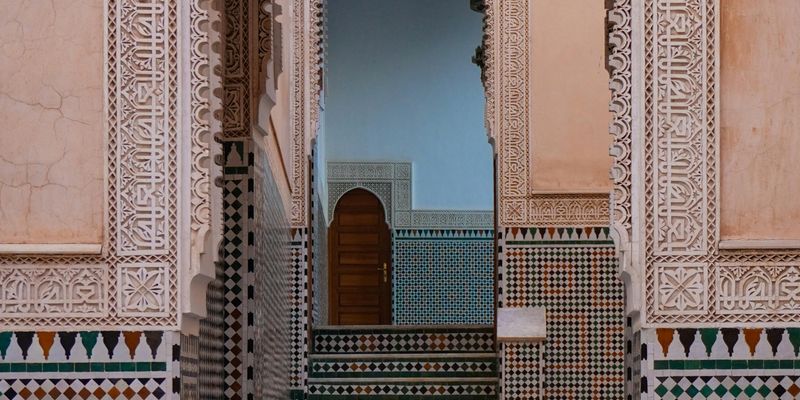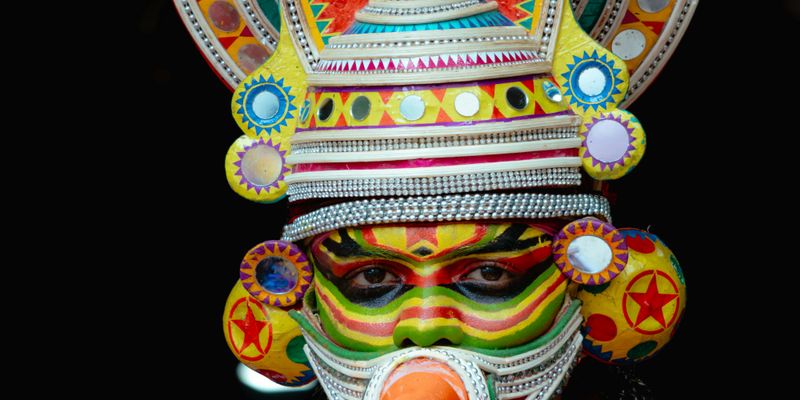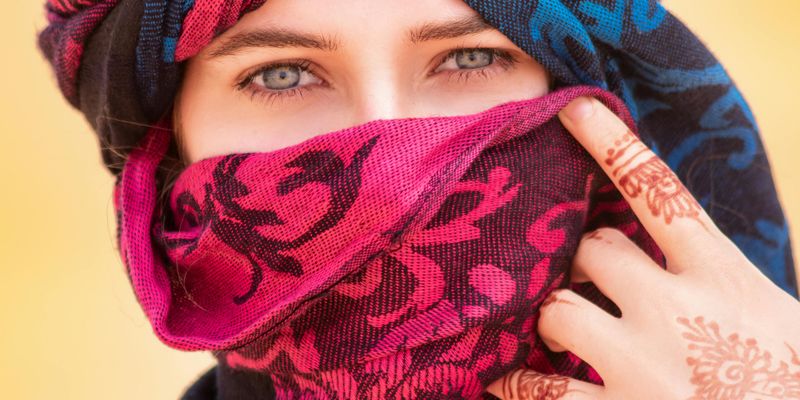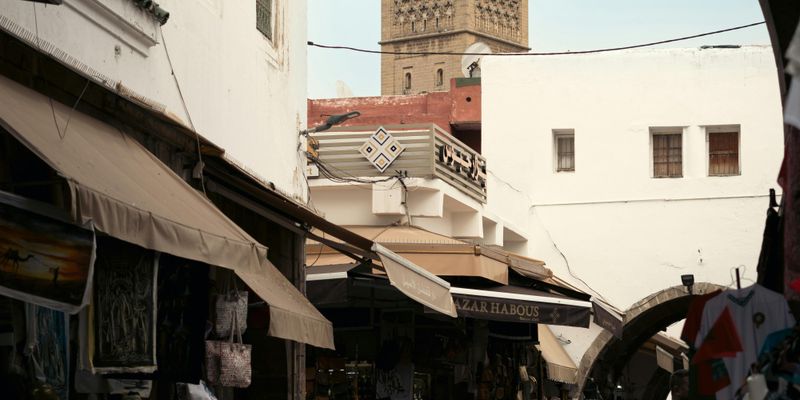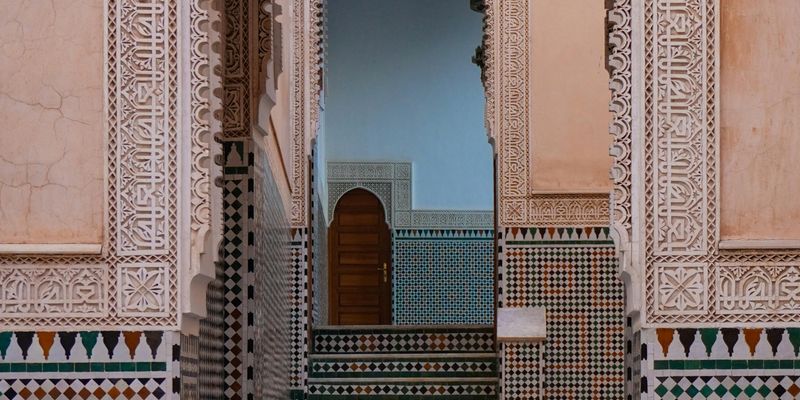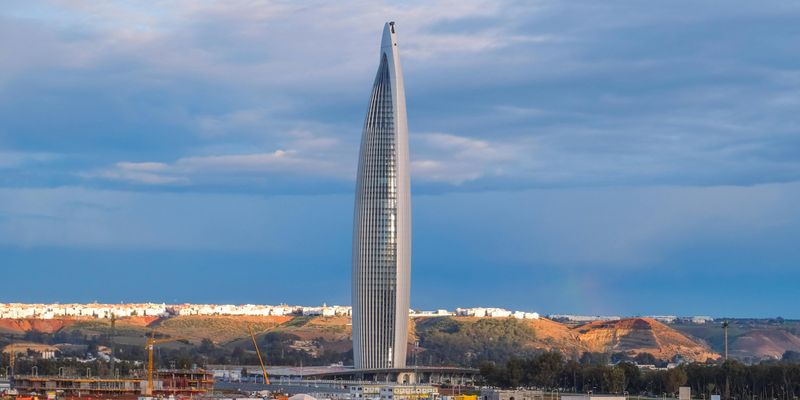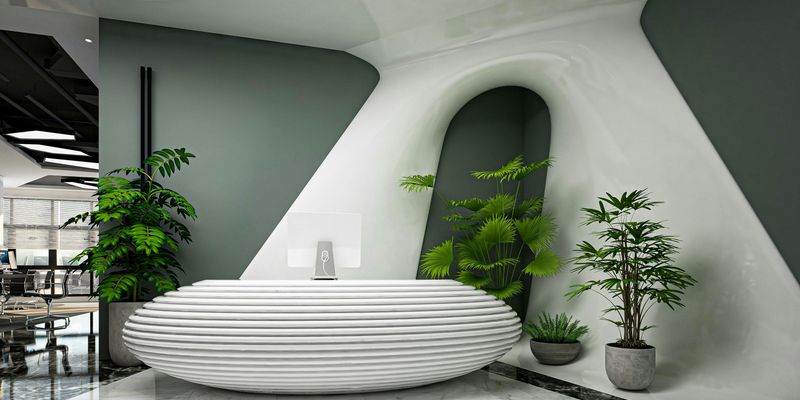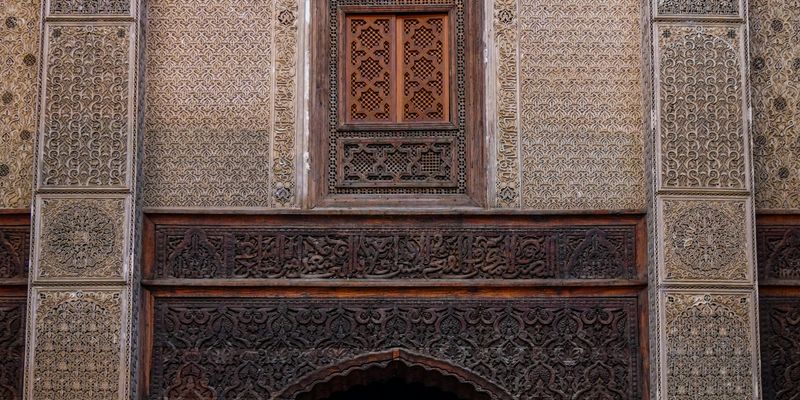
Experience the Heartbeat of Morocco
When you think of Morocco, what comes to mind? Perhaps the majestic Atlas mountains, the medinas alive with sounds and colors, or the tantalizing aromas wafting from bustling souks. But beyond these vivid images lies another layer of beauty - the rich tapestry of Islamic culture that weaves through every aspect of life in this enchanting country.
A Kaleidoscope of Architecture
As you wander through the streets of Marrakech, Fez, or Rabat, you're greeted by a breathtaking blend of Islamic architecture that tells stories of history, craftsmanship, and faith. The intricate tilework of zellige, a form of mosaic art found throughout Morocco, reflects the meticulous attention to detail that defines Islamic artistry.
Now, let’s not forget the stunning minarets that punctuate the skyline, like the iconic Koutoubia Mosque in Marrakech, which stands tall at 77 meters. These architectural marvels not only serve as places of worship but also as symbols of the welcoming spirit of Moroccan culture, drawing people together.
The Rhythm of Traditions
Morocco's Islamic heritage is not only present in its buildings but also deeply embedded in the daily lives of its people. Each year, during the holy month of Ramadan, you can witness a profound cultural experience as people come together to break their fast, sharing a meal known as iftar with family, friends, and even strangers. This beautiful sense of community fosters a deep connection among individuals.
Be sure to partake in a traditional tea ceremony, where green tea is steeped with fresh mint and sugar. This delightful ritual goes beyond just savoring a drink; it's a moment of hospitality and warmth, a true reflection of Moroccan values rooted in generosity and shared enjoyment.
A Culinary Journey Infused with Culture
Another way to explore the rich Islamic culture of Morocco is through its delectable cuisine. The art of Moroccan cooking is a tapestry of flavors that tells tales of trade routes, cultural exchanges, and historical influences. Dishes such as tagine and couscous exemplify the blend of spices, herbs, and cooking techniques that have been passed down through generations.
Don’t miss trying a pastilla, a savory pie filled with pigeon or chicken, almonds, and spices, all delicately wrapped in layers of thin dough and dusted with powdered sugar. This dish is a celebration of contrasts, much like the diverse cultural influences that have shaped Moroccan identity.
The Arts: A Living History
The Islamic culture of Morocco is also vividly alive in its arts and crafts. Visit the vibrant markets (souks) and you’ll find artisans creating breathtaking handwoven rugs, delicate pottery, and stunning leather goods. Each piece is not merely a product; it is an embodiment of craftsmanship, heritage, and dedication to preserving age-old techniques.
Moreover, festivals such as the Festival of World Sacred Music in Essaouira offer a mesmerizing blend of spiritual traditions from various cultures, resonating with Morocco’s rich mosaic of Islamic heritage while inviting international talents to share their gifts.
Embracing the Future with Respect for Tradition
As Morocco embraces modernity, it does so without losing sight of its Islamic roots. Young designers and entrepreneurs are blending traditional motifs with contemporary styles, ensuring that Morocco remains at the crossroads of culture, innovation, and heritage.
Visiting Morocco allows you to not only witness this beautiful journey through time but to engage with it, fostering a deeper understanding of Islamic culture that continues to shape the country's identity.
Your Journey Awaits
So why explore the rich tapestry of Islamic culture in Morocco? Because it offers a profound insight into a society where tradition and modernity coexist gracefully, and where the warmth of its people invites you to be a part of their story. Whether you're wandering through ancient medinas, savoring the tastes of authentic Moroccan cuisine, or participating in vibrant cultural festivities, you’ll discover that Morocco is not just a destination; it’s an experience that stays with you long after you’ve left.
